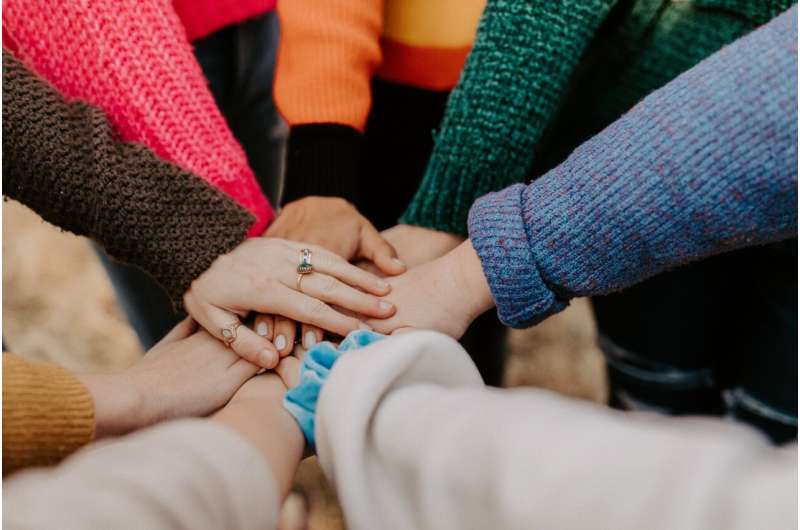
Friends on the Front Lines: New Research Highlights Critical Need to Support Peers of Youth Who Self-Harm
The mental health crisis among young people, characterized by rising rates of self-harm and suicidal thoughts, is widely recognized. Yet, new research from the University of Birmingham highlights a major gap in support: the friends who are often the first to know and the first to respond.
A comprehensive review of the literature, published in The Lancet Psychiatry, confirms that while much research focuses on at-risk youth and their families, the crucial role of friendships is frequently overlooked.
The Rising Crisis and the Role of Peers
Self-harm is a significant public health problem, with 10% to 20% of young people aged 11 to 25 engaging in the behavior—a number that has been steadily increasing in recent years.
During adolescence, peer relationships gain immense importance. The study confirms that young people who self-harm often confide in trusted friends, making peers primary sources of support. However, this close involvement comes at a cost to the supporter’s own well-being.
Lead author Delfina Bilello, Ph.D., of the University’s School of Psychology and Mental Health Center, emphasizes the urgency: «Self-injury often begins during adolescence. Because this is the time when young people often start to spend a lot of time with their friends and are able to confide in friends, it is very important that we try to understand this power, and the possible influence—whether positive or negative—on both sides of the friendship.»
Key Themes and Negative Outcomes for Friends
The research team identified several critical themes regarding friendships and self-harm:
| Key Theme | Description & Impact |
| Social Transmission (Contagion) | This is the process by which young people can be drawn to self-harm simply by being around or supporting a friend who engages in the behavior. This highlights a powerful, potentially negative, social influence. |
| Primary Support System | Friends are often the first responders for youth who self-harm or are prone to it, confirming the importance of these peer relationships as primary emotional outlets. |
| Negative Mental Health Outcomes | Friends who support youth who self-harm experience significant negative outcomes, including heightened symptoms of depression, anxiety, PTSD, and grief. These effects are also seen tragically among peers lost to youth suicide. |
The analysis further showed that women and girls appear to be both more exposed to and influenced by friends’ self-harming behavior. They are also more likely to assume the role of supporter and, consequently, are more likely to suffer negative mental health outcomes as a result. The researchers caution that this pattern may also be influenced by the under-reporting of these behaviors by men and gender minorities.
A Call for Targeted Interventions
The core finding is a strong recommendation for change: when young people disclose that a friend is self-harming, relevant adults must provide support to the young person who made the disclosure, not just the person at risk.
While the review did not specifically evaluate existing programs, several promising approaches were identified, including:
- School and community interventions focused on peer support and relationship management.
- Specific interventions tailored to address grief and mental health issues among bereaved friends and peers.
«Our study provides strong rationale for continued work to identify and develop tailored interventions for youth who support at-risk peers,» added Bilello. The goal is to equip these crucial peer supporters with the tools they need, and ensure they are protected from the negative mental health load of the immense responsibility they often carry.
Additional Information: The study is titled A systematic review and meta-analysis examining the relationship between friendships/peer relationships, and self-harm attitudes and behavior among young people and was published in The Lancet Psychiatry (2024).
#Friends #atrisk #youth #additional #support #psychological #wellbeing

